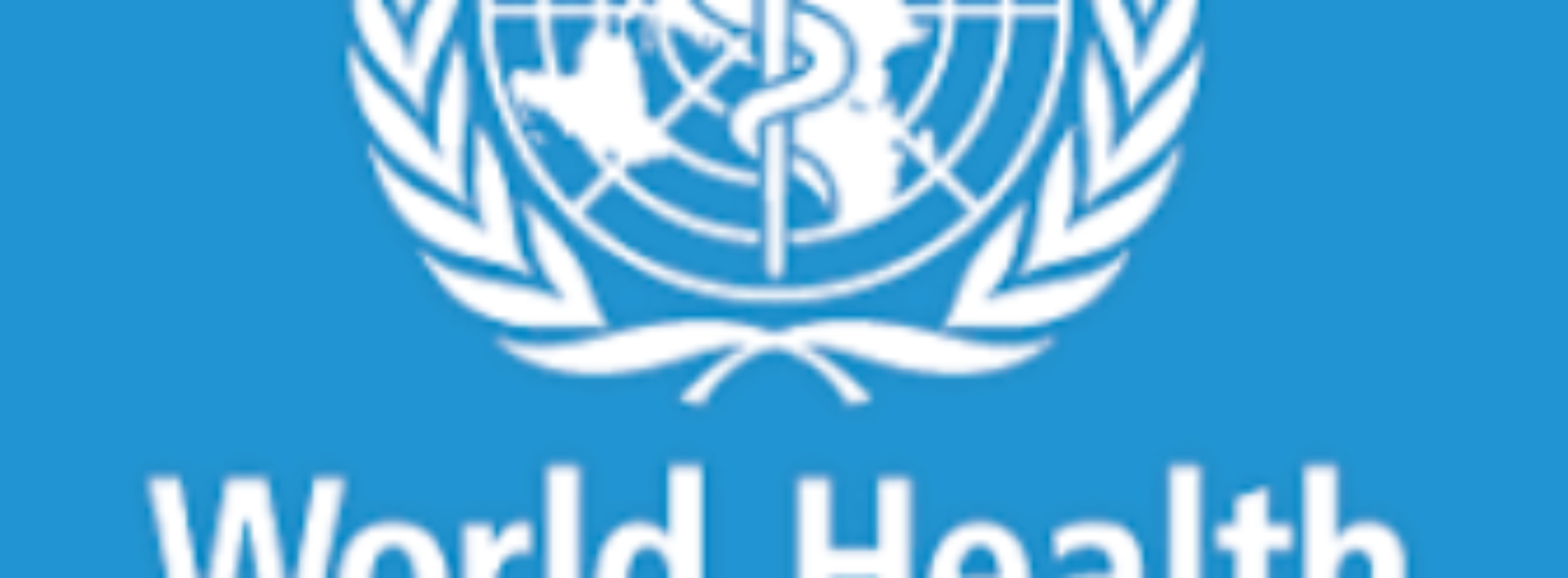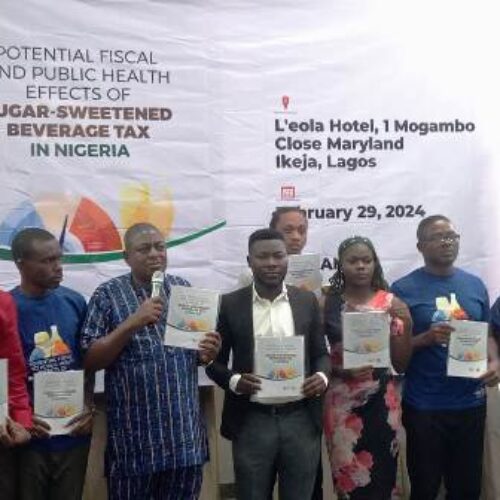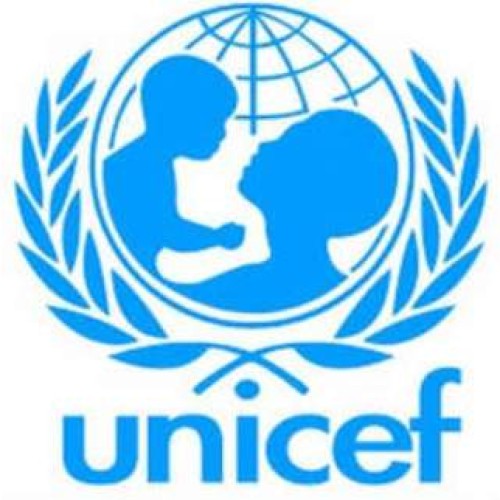WHO publishes new guidelines on HIV, hepatitis and STIs for key populations
The World health Organisation (WHO has published new “Consolidated guidelines on HIV, viral hepatitis and STI prevention, diagnosis, treatment and care for key populations.”
The guidelines are officially launched at the AIDS 2022 Conference in Montreal, Canada, in a satellite session entitled: Launching new WHO guidelines for key populations: Focus for impact.
The guidelines outline a public health response to HIV, viral hepatitis and sexually transmitted infections (STIs) for 5 key populations (men who have sex with men, trans and gender diverse people, sex workers, people who inject drugs and people in prisons and other closed settings).
WHO promotes an evidence and rights based approach to addressing these health issues which puts key populations at the centre of the response.
“Key populations must be prioritized, in every setting and this means as outlined in these new guidelines, planning to reach them first with prevention, testing and treatment as well as prioritizing key populations in funding programmes,” said Erika Castellanos, Director of programmes at GATE (the global Action for Trans Equality), who was the co-chair of the WHO Guidelines Development Group.
Particularly for key populations, social, legal, structural and other contextual factors both increase vulnerability to HIV, viral hepatitis and STIs and obstruct access to health and other essential services. These guidelines highlight the critical importance of addressing structural barriers in all settings as a priority.
“The new data from UNAIDS show that around 70% of new HIV infections occur among key populations and their partners. In most countries, limited access, inadequate coverage and poor quality of services for key populations continue to undermine responses to HIV, viral hepatitis and STIs,” said Meg Doherty, Director of WHO’s Global HIV, Hepatitis and STI Programmes. “All countries should prioritize reaching these key populations and supporting key population communities to lead the response and provide equitable, accessible and acceptable services to these groups.”
In addition to highlighting the need to address structural barriers and provide prioritized packages of health services for each of the 5 populations, new recommendations are made for the delivery of services such as virtual/on-line interventions and the critical role of peer navigators to guide members of key population groups through health services.
Other new areas of recommendations include addressing chemsex, frequency of hepatitis C virus (HCV) testing for people at ongoing risk of infection and providing treatment for HCV without delay to people with recently acquired HCV infection and ongoing risk. These guidelines also acknowledge that behavioural interventions aimed at changing behaviours – which tend to be prioritized in many settings – have no impact on incidence of HIV, viral hepatitis and STIs or on behaviour change.
About author
You might also like
Group advocates increase on sugar-sweetened beverage tax to reduce NCD
Says tax increase to see significant drop in consumption The Federal Government, FG has been tasked to increase sugar-sweetened beverage, SSB tax to a minimum of N130 per litre in
Stay off JOHESU strike – Labour Minister tells doctors
Dr. Ngige Minister of Labour and Employment Chris Ngige on Tuesday asked the Nigeria Medical Association (NMA) to stay away from the strike by Joint Health Sector Unions. The minister
UNICEF signs first COVID-19 vaccine agreement to supply African Union
UNICEF has signed an agreement with Janssen Pharmaceutica NV to supply up to 220 million doses of the J&J single-dose vaccine for all 55 Member States of the African Union (AU) by the end






0 Comments
No Comments Yet!
You can be first to comment this post!